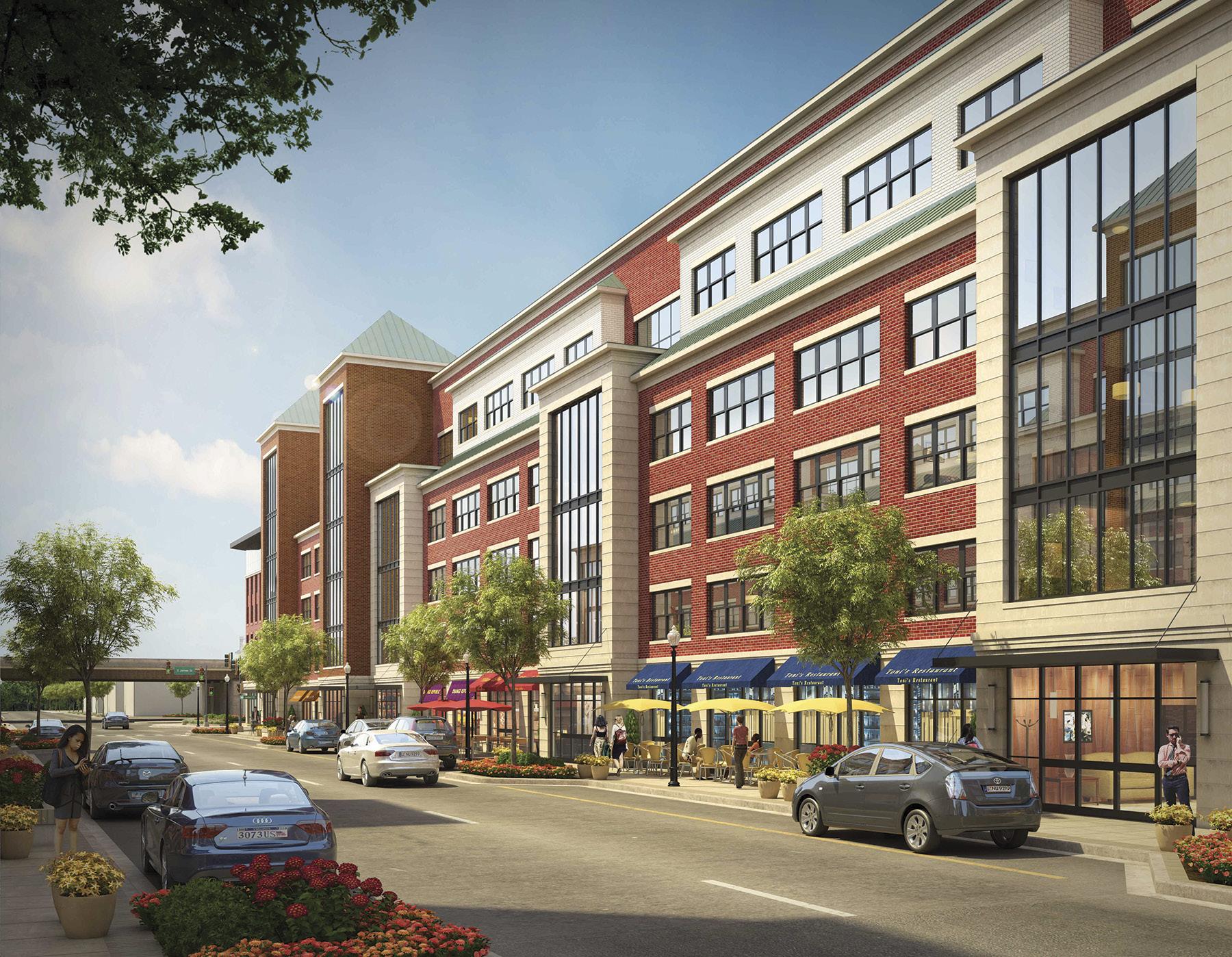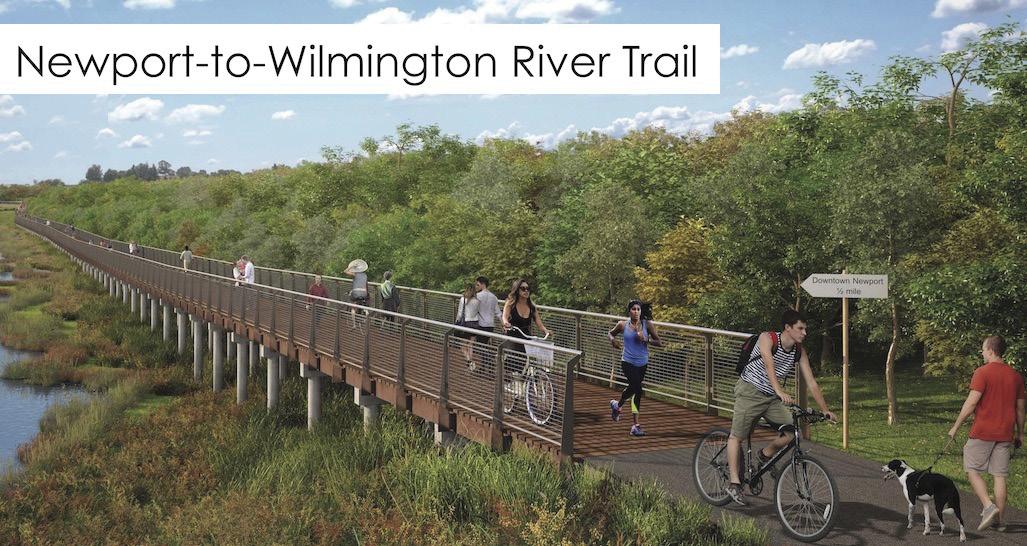
4 minute read
Forging a New Future
Delaware is in prime position to capitalize on the wide-ranging economic shifts spurred by COVID-19
BY THOMAS J. HANNA
AS DELAWARE and the rest of the U.S. continues to battle through the challenges surrounding the COVID-19 pandemic, we find ourselves in a world changing more rapidly than ever. After shutdowns that carried into early summer, our economy is showing tremendous resilience as we move closer to a full reopening and an eventual return to normalcy.
However, we cannot pretend that we will be reverting to the same economic environment that we left earlier this year. Through the rise of remote work culture, online shopping and the apparent flight of many city dwellers back to more suburban environments, the pandemic has already set in motion a number of shifts that will have lasting effects on the way we do business.
It has often been said that the willingness to adapt is among the most crucial ingredients for lasting success, and accordingly our state must ensure it is equipped to successfully navigate these rapidly evolving changes. Fortunately, Delaware is home to a deep and diverse list of executives, developers, politicians, and policymakers that have already laid much of the groundwork to ensure we can continue to be competitive in the years to come.
Perhaps the most powerful change to emerge as a result of the pandemic has been the acceleration of e-commerce adoption. According to an August report from IBM’s U.S. Retail Index, total online retail sales are on track to grow by 20 percent in 2020 alone – advancing its already fast-growing share of the market ahead by roughly five years.
This momentum shows no signs of slowing after the pandemic and is already causing a fierce race to create the infrastructure to support these booming supply chains. In late 2017, Harvey Hanna & Associates began laying the groundwork for this transformation with our acquisition of the former General Motors plant in Wilmington, which had been left vacant for nearly a decade and become a dispiriting symbol of the state’s bygone manufacturing era. Shortly after the acquisition, we began remediating the site and taking steps to transform the 3-million square foot property into a modern business and distribution center – one that could attract the thousands of growing businesses producing, processing and fulfilling orders for a rapidly growing base of online customers.
Today, the very same property (now owned by national developer Dermody Properties) is set to become the home of a five-story, 3.8-million square foot Amazon fulfillment center – the company’s third such facility in Delaware, and the company’s second-largest warehouse in the entire U.S. The scale of this investment, which includes the hiring of an estimated 1,000 full-time workers, speaks to the state’s incredible appeal as a distribution hub – a fact that also worked to its benefit during its manufacturing heyday.
Delaware is within just a few hours’ drive of major metropolitan markets, including Philadelphia, New York, Baltimore, Washington, D.C. and Boston, and within a day’s drive of nearly every major city in the eastern U.S. and even Canada. It is also home to a dense population, advanced highway system and a growing seaport that allows for the easy transport of international goods onto our shores – not to mention attractive tax rates compared to most of our immediate neighbors.
Of course, COVID-19 has already resulted in many economic casualties. Many large department stores have already declared their intentions to shut down as the retail climate shifts, and the increased prevalence of remote work is likely to cause long-term disruptions for many office owners and tenants. While a booming industrial sector can help offset some of those losses, it is still vital for the public and private sector to cooperate and continue investing in modern, highly walkable and multi modal environments that will be attractive to new residents, and keep more of our young people in the state.
One such plan is emerging in our native Newport, where our plan for a revitalized downtown is aimed at attracting new workers and their families – most of whom are millennials or members of the emerging “Gen-Z”. While these Delawareans will be navigating a new economic climate post-pandemic, we do not believe their desire for modern residences, restaurants, outdoor space and arts and culture will be drastically altered. Through our plan, which includes a new network of biking and walking trails and the reactivation of the town’s commuter rail station, we can ensure that we’re providing the kinds of environments that will help us attract new residents and keep our young people in the state, but also a more advantageous environment for businesses looking to attract and retain a well-educated workforce.
The pandemic has created nearly unprecedented upheaval across the business world and society at-large, but with such massive shifts also comes significant opportunity. Our economy continues to evolve around us, and we as Delawareans must employ careful planning, policymaking, and investments from both our public and private sectors that will help us adapt. As always, Delaware finds itself in excellent position to navigate these new challenges and emerge from this period stronger than ever.

Thomas J. Hanna is president of Harvey, Hanna & Associates.









